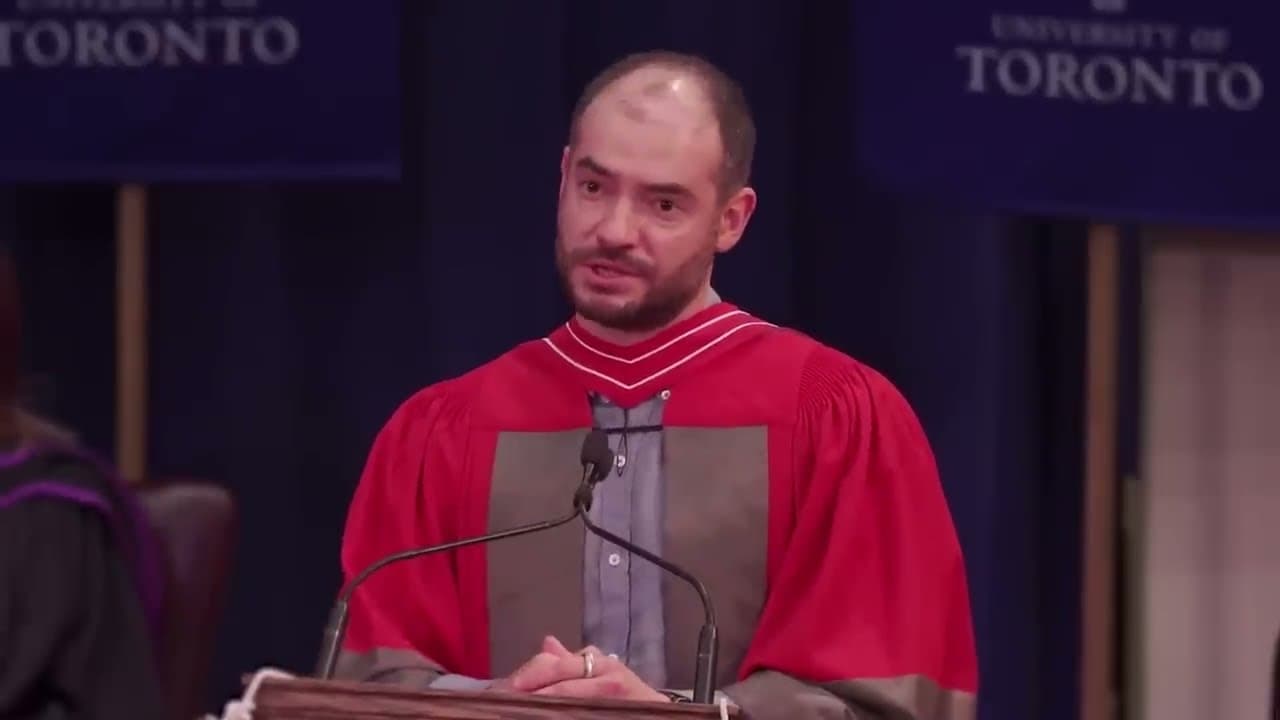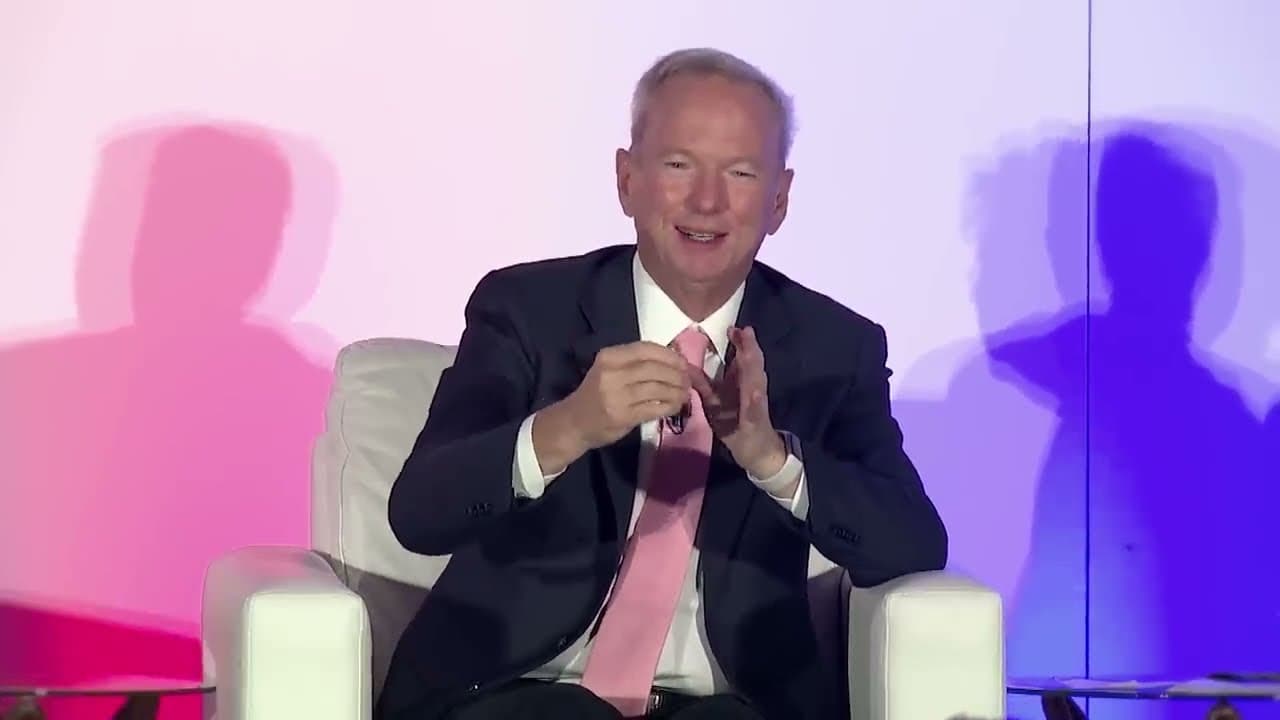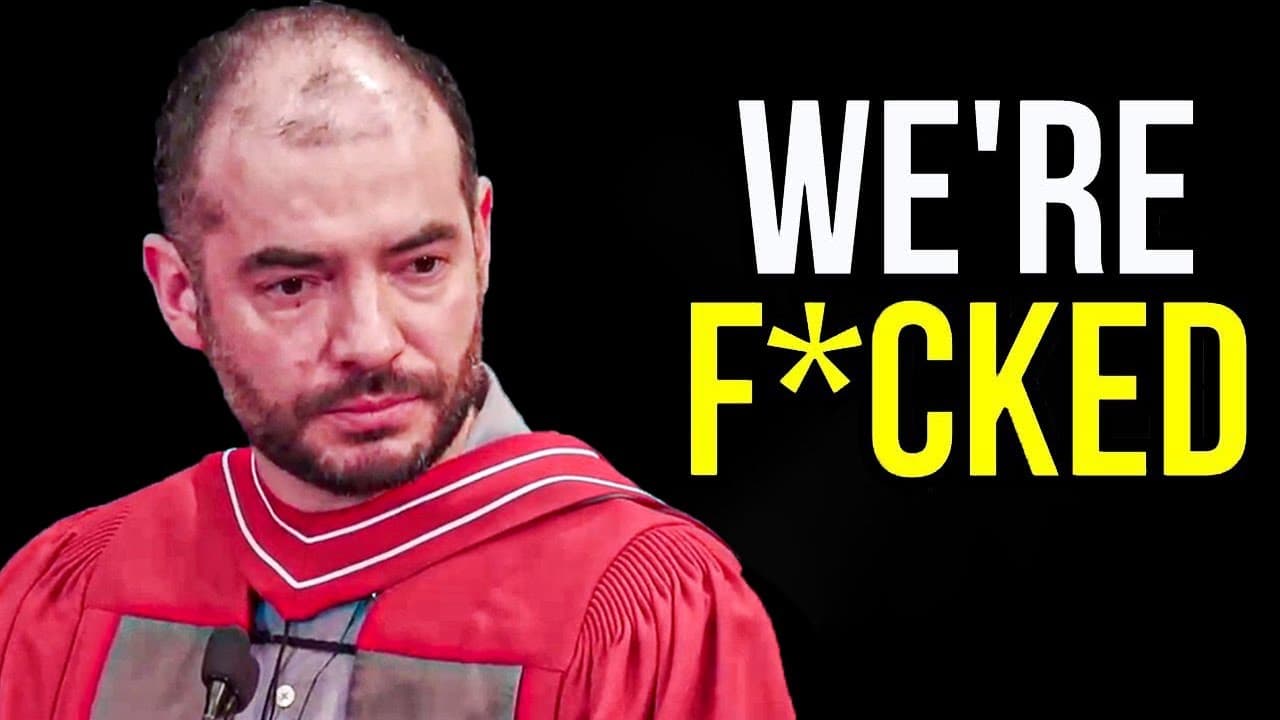AI's Unstoppable Rise: A Personal Reflection
I never imagined that artificial intelligence would force me to confront the future of my own career and society, but as I listened to experts like Ilya Sutskever and Eric Schmidt, I realized AI's rapid evolution could reshape everything we know, for better or worse.
TL;DR
I first encountered warnings about AI's disruptive potential, sparking curiosity about how it might soon alter jobs and daily life.
As AI advances, I wondered if it could master human skills, building intrigue around the brain's role as a biological computer.
Experts predicted rapid changes, like AI replacing programmers, offering insight into a future where machines outpace human intelligence.
This shift raises stakes for society, as I pondered the implications of superintelligent systems and their unpredictable impacts.
Ultimately, I felt the need to engage with AI's challenges, hinting at greater rewards if we prepare for this transformative era.

When I first heard Ilya Sutskever speak, his words hit me hard. He compared AI to politics, saying it would take an interest in us whether we cared or not, emphasizing how this technology could disrupt our world in unprecedented ways. I recall him noting that we're living in unusual times, with AI already changing education and work, making me question which skills might become obsolete.
As he delved deeper, Ilya explained that AI's current capabilities are impressive but limited, like a computer that can converse and write code yet still falls short in many areas. He painted a vivid picture: in a few years, AI might handle everything humans can learn, based on the simple idea that our brains are biological computers, so digital ones could replicate that. This logic left me uneasy, imagining a future where machines do all our jobs and accelerate progress beyond our control.

Shifting to Eric Schmidt's insights, I found his predictions even more startling. He claimed that within a year, AI could replace most programmers and match top graduate mathematicians, using techniques like word prediction and loss functions to excel in structured tasks. I visualized this as AI optimizing code through endless iterations, a process far beyond human scale, which made me reflect on how programming and math form the backbone of our digital world.
Schmidt didn't stop there; he foresaw AI achieving general intelligence in three to five years, where systems become as smart as the brightest humans across fields. He described agents—systems that learn and act autonomously—as key to automating everyday processes, like buying a house or running businesses. As I absorbed this, I realized the broader implications: not just job losses, but a society where AI drives superintelligence, demanding massive energy and raising questions about control and ethics.

In my mind, these discussions merged into a larger narrative of urgency. Both speakers highlighted how AI's self-improvement could lead to artificial superintelligence, smarter than all humanity combined, yet society lacks the language or laws to handle it. I thought about historical automation, where jobs evolved rather than vanished, but Schmidt warned this time might be different, especially with declining populations in some regions accelerating the need for AI.
As I pieced it together, the debates on multimodal models, infinite context windows, and agentic systems painted a complex picture of innovation and risk. These advancements, from text-to-code automation to predictive analytics, could transform industries, but they also sparked deeper concerns about unchecked growth and its societal ripple effects.
Reflecting on all this, I see AI not just as a tool, but as a force that will redefine human potential and challenges, urging us to prepare for a world where its benefits and dangers are inextricably linked.
Key Takeaways
AI's rapid progress threatens to disrupt jobs and education, as highlighted by experts like Ilya Sutskever.
The technology could achieve human-level intelligence soon, based on the brain's computational nature.
Societal shifts may include widespread automation and superintelligence, demanding proactive adaptation.
Engaging with AI's implications is essential to harness its rewards while mitigating unprecedented risks.

